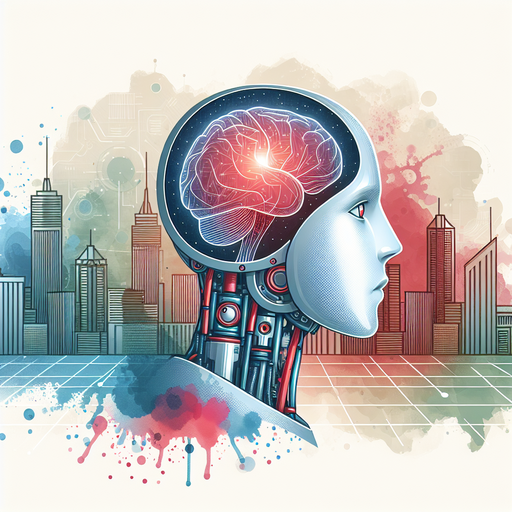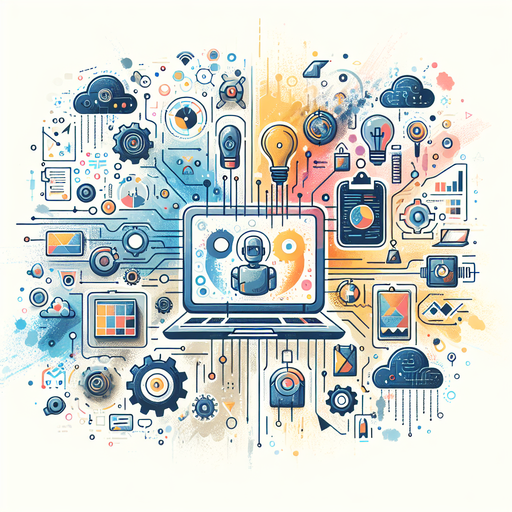The software-as-a-service (SaaS) industry has seen tremendous growth in recent years, with companies leveraging the cloud to deliver applications and services on demand. However, the SaaS journey comes with its own set of challenges around scalability, customer experience, and data-driven decision making. This is where artificial intelligence (AI) and machine learning can provide invaluable capabilities to SaaS companies.

Predictive Analytics and Personalization
One of the key values of AI for SaaS is enabling predictive analytics. By analyzing behavioral data and usage patterns, AI algorithms can forecast metrics like churn risk, lifetime value, and lead conversion. SaaS platforms can leverage these insights to identify upsell opportunities, prevent customer loss, and deliver hyper-personalized experiences. For example, AI-powered product recommendation engines can suggest features or add-ons based on each customer's unique needs. Personalized notifications, alerts, and messaging can also improve engagement.

Smarter Search and Knowledge Discovery
Finding relevant information and insights quickly is critical for SaaS self-service models. AI augments search and knowledge discovery through semantic analysis, natural language processing (NLP), and machine learning algorithms. This allows SaaS platforms to understand user intent, process natural language queries, and return the most useful results. Chatbots and virtual assistants that leverage NLP can also provide 24/7 support and quickly resolve customer issues.

Automation and Efficiency
Streamlining operations and reducing costs is essential for SaaS profitability. AI enables process automation across functions like sales, marketing, support, and finance. For example, AI can automate lead qualification, contract analysis, invoice processing and more. Robotic process automation (RPA) can emulate human actions to complete repetitive back-office tasks faster. This boosts efficiency and allows staff to focus on higher-value work.
Continuous Optimization
One of the key promises of SaaS is continuously delivered innovation. Here, machine learning algorithms can analyze usage data to recommend optimizations for UX design, product features, pricing plans, and more. AI models can also perform A/B testing to determine the best performing options. This allows SaaS platforms to rapidly iterate and improve based on empirical data.
In conclusion, AI and machine learning are becoming indispensable tools for SaaS companies to scale intelligently. As adoption increases, AI will enable SaaS providers to make smarter data-driven decisions at every step of product development and customer lifecycle management. The future looks bright for AI-powered SaaS platforms that can continuously optimize experiences and exceed customer expectations.




